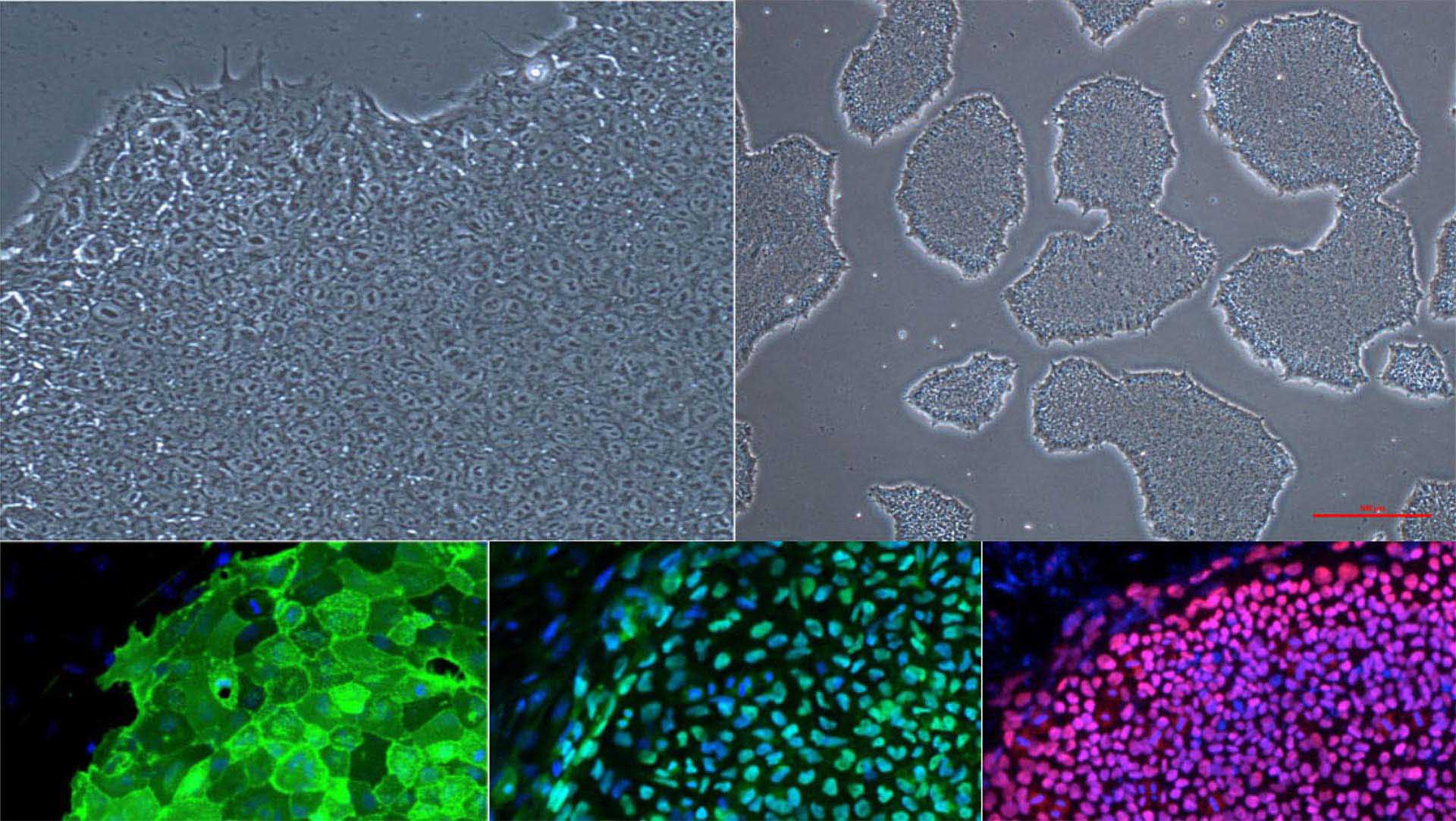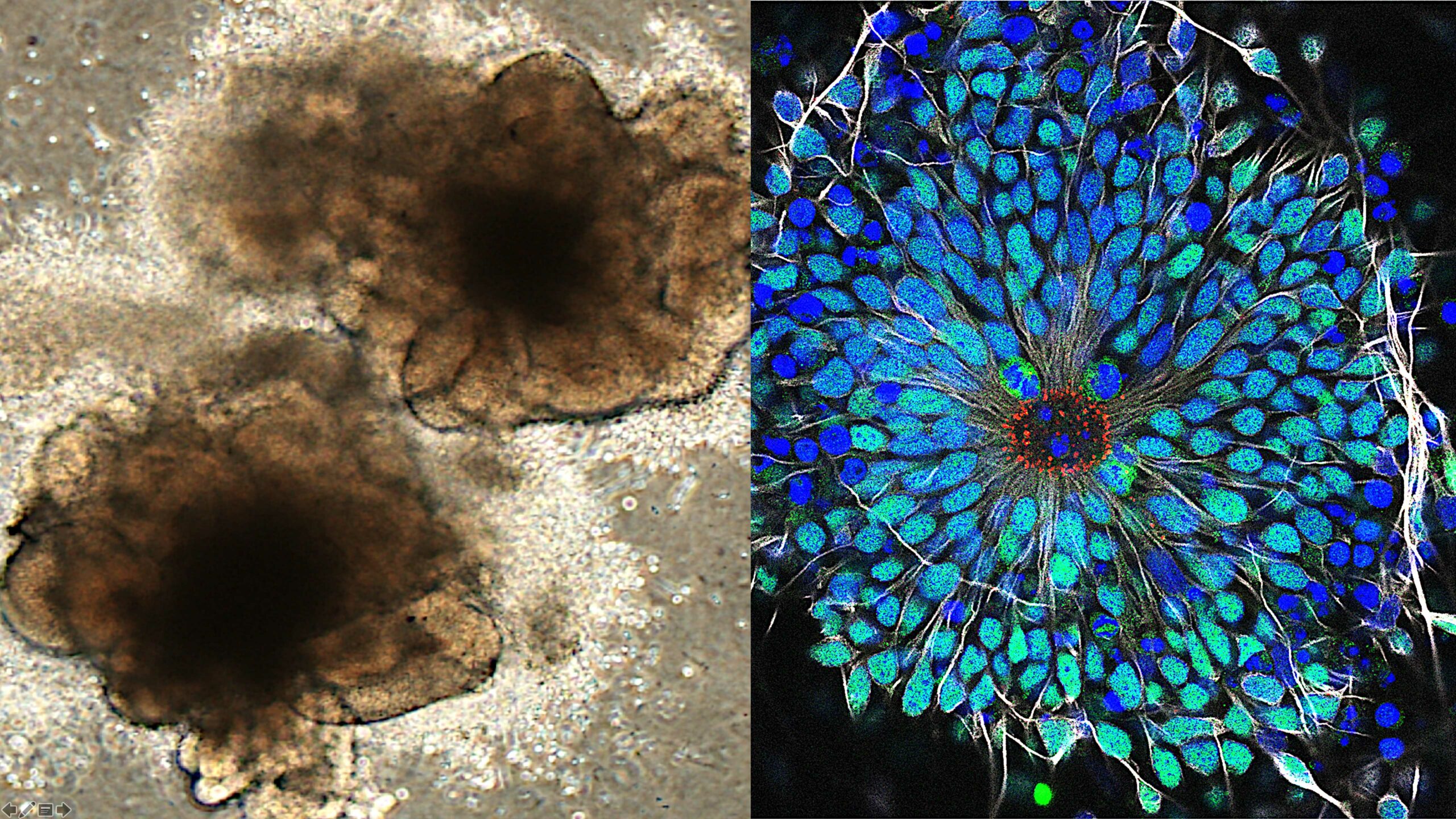HumBO
HumBO is a hiPSC core facility hosted by Inserm and Université Paris Cité dedicated to the study of normal and pathological human neurodevelopment using brain organoids.

The HumBO facility of the NeuroDiderot UMR1141 research unit uses the technology of human induced pluripotent stem cells (hiPS) in order to model normal and pathological human brain development and to generate neural progenitors, postmitotic neurons and glial cells in monolayer cultures (2D) or within spheroids and organoids (3D).
© Inserm Umr1141
With almost 90 billions neurons, the human brain fundamentally differs from that of other species not only because of its size and the high number of its neuronal connections, but also through the tremendous expansion of its cortex, the kind of progenitors involved in its growth, the time required to achieve its expansion and maturation and the activation of human-specific genes. Key steps of brain development are critical to the cognitive outcome of the future child and constitute potential windows of vulnerability targeted either by pathogens or by genetic mutations.
Contact
HumBO – NeuroDiderot
Inserm UMR1141
Hôpital Robert Debré
48 Bd Sérurier
75019 Paris, France
humbo.neurodiderot@inserm.fr
Read more
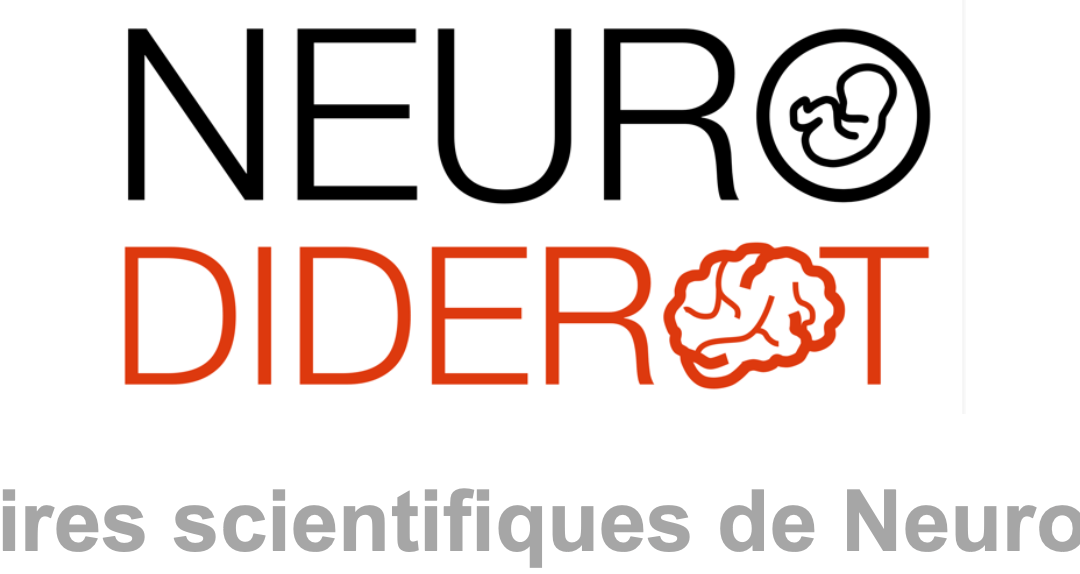
Conference Dr. Boris Chaumette
Seminaire Dr Boris Chaumette
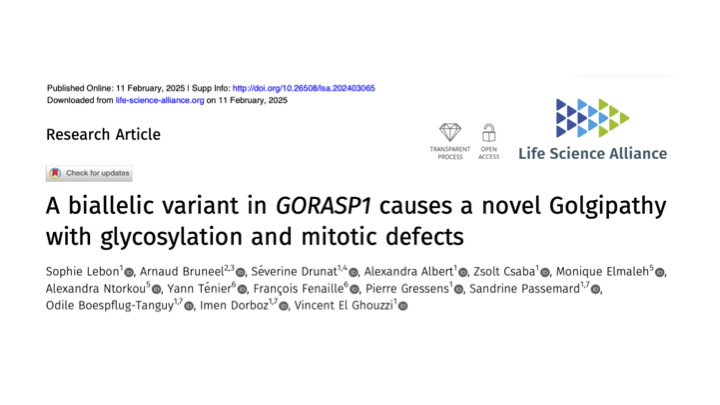
New Golgipathy identified in NeuroDev team
The NeuroDev team publishes an article in Life Science Alliance [1] identifying the first human pathogenic variant of GORASP1, the gene encoding the Golgi stacking protein GRASP65, and demonstrating its consequences on glycosylation and mitotic progression. [1] S....
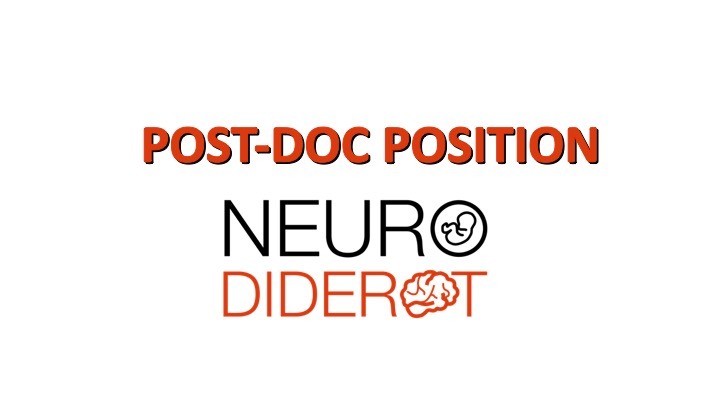
Post-doc opportunity (1-2 years) within the group “Mitochondria and NDD” in the NeuroDev team
POSITION DESCRIPTION Postdoctoral position in the field of Neurosciences Type of contract: temporary position (CDD) Contract/project period: 1-2 years Expected date of employment: 1.04.2025 Proportion of work: 100% Workplace: Université Paris Cité, Inserm,...
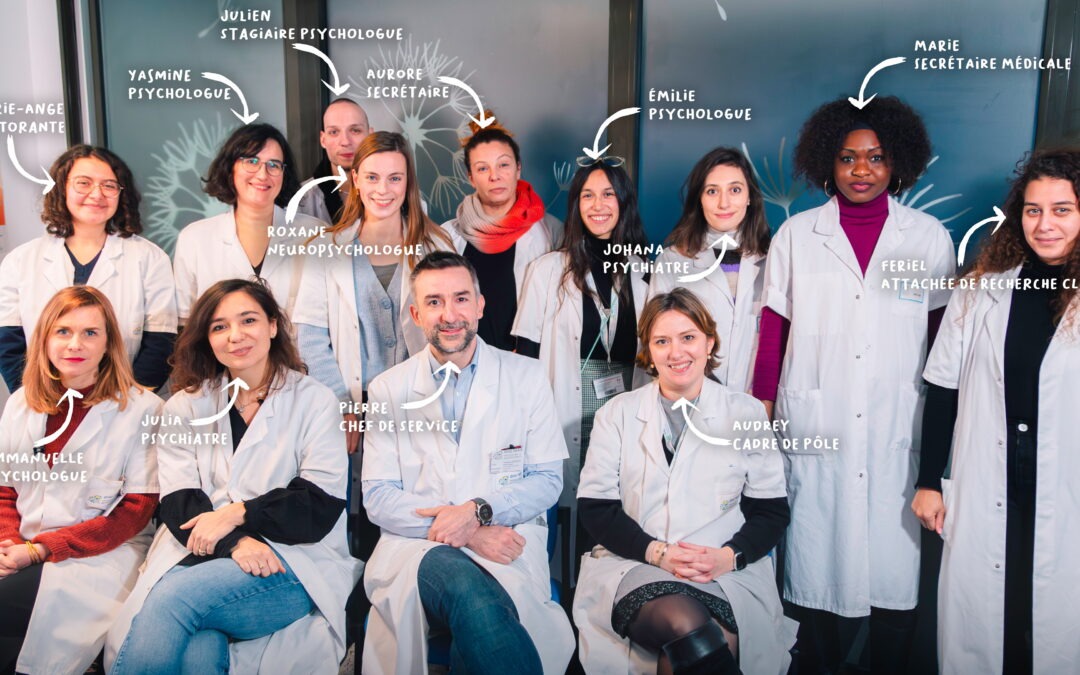
Advancing psychiatry through Sleep and Chronobiology research
The “Mood” research axis of the SleepCmd team is dedicated to understanding the intricate links between sleep, circadian rhythms, and mood disorders such as depression, bipolar disorder, seasonal affective disorder, and suicide. Using state-of-the-art methods, the...

